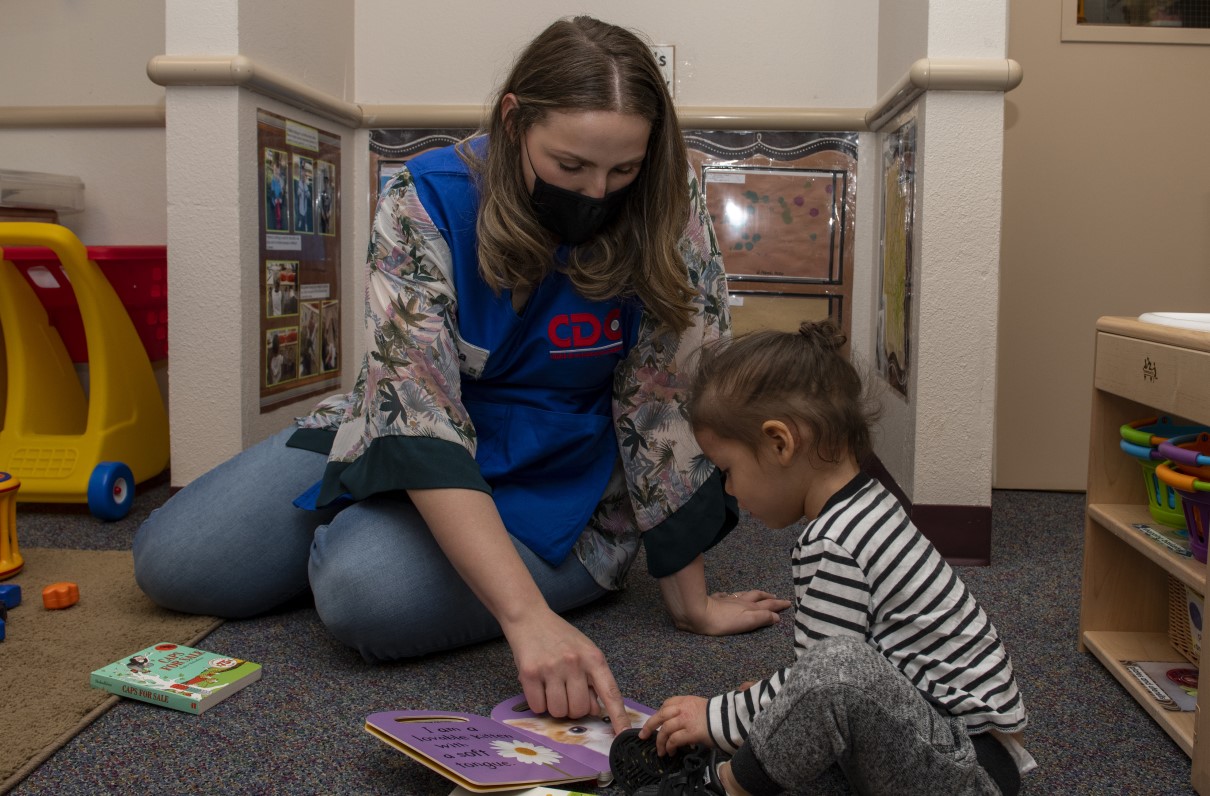Ensuring military families have access to affordable child care options is a top priority for MOAA, and advocacy efforts on the issue have led to several MOAA recommendations reaching the initial House and Senate versions of the FY 2021 National Defense Authorization Act (NDAA).
While affordability and availability of child care is a nationwide issue, it is exacerbated by the unique lifestyles of military families. With every move, a military family must start the child care process over again -- weighing their options, dealing with waitlists, and hoping they can cover the expenses. Military families also must consider deployments, shift work, and on-call requirements for servicemembers into their child care decision.
There was once a time when military families did not worry about child care during a PCS. There was implicit trust that the next installation had multiple child care options at the child development center (CDC), with family child care (FCC) available from trusted in-home providers, along with off-post availability. This is no longer the case, with many families facing no openings and a six-month wait list -- even before the COVID-19 crisis.
[RELATED: MOAA Endorses Bill to Expand Education and Career Opportunities for Military Spouses]
Although there are several initiatives to increase child care capacity, COVID-19 has further complicated child care access thanks to off-post facility closures caused by liability concerns.
MOAA developed recommendations and advised Congress on how to create solutions to the many child care concerns military families experience. Some of this advice is part of ongoing NDAA discussions:
Family Child Care Incentives
FCCs are in-home child care providers who serve as an alternative child care option for military families. FCCs are usually more flexible with hours than the traditional CDC and are about 15% cheaper for families to utilize. Over time, the amount of FCCs has decreased significantly, with only about 800 providers military-wide.
DoD is actively looking at ways to entice more military spouses to consider a career as an FCC provider. MOAA advocated for a housing preference, which would alleviate burdens associated with moving as an FCC provider such as housing waitlists and variation in home size. The provision is included in the House version of the NDAA and is a cost-effective way to assist providers as they PCS. To secure the provision in the final version of the NDAA, the Senate will need to agree to it.
Flexible Spending Accounts
To address affordability issues associated with child care, MOAA has urged DoD and Congress to consider implementing Flexible Spending Accounts (FSAs) for dependent care for servicemembers. Most federal employees, including DoD civilians, can take advantage of FSAs and pay for child care with pre-tax dollars – a savings of approximately 30%. However, servicemembers do not have access to this benefit.
While DoD has the statutory authority to implement the benefit, a 2007 report indicated the department did not intend to do so. Both the House and Senate versions of the NDAA adopted a provision to conduct a new study with updated data to reconsider implementing FSAs.
The Senate version of the NDAA also included provisions to consider family discounts at CDCs for families with two or more children at the center. The House version includes provisions to reassess fee assistance for families with consideration of cost fluctuations by location, as well as an assessment of the priority system and waitlist at CDCs.
MOAA expects most of the child care provisions to survive the NDAA process. Congress is dedicated to ensuring military family readiness is maintained by improving and evolving child care to better fit the needs of military families, and MOAA is prepared to support these provisions.
MOAA Knows Why You Serve
We understand the needs and concerns of military families – and we’re here to help you meet life’s challenges along the way. Join MOAA now and get the support you need.

